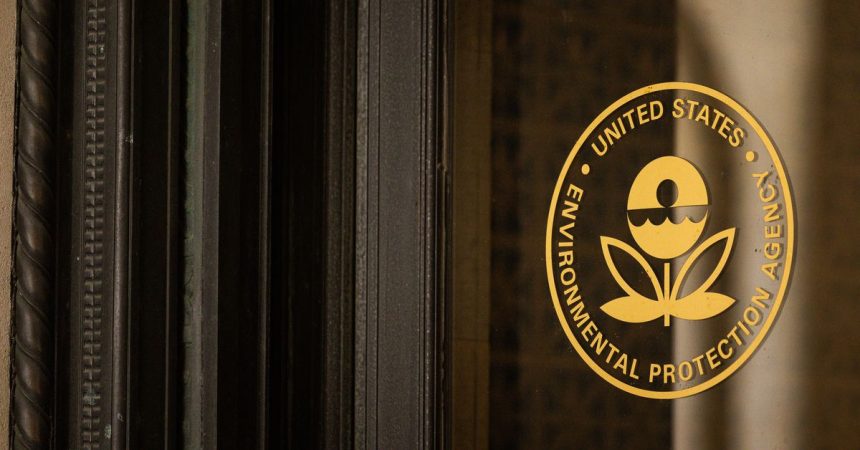The Climate Justice Alliance (CJA), a coalition of grassroots environmental organizations, faces the potential loss of $60 million in federal funding designated for environmental justice projects. Selected by the Environmental Protection Agency (EPA) as one of eleven grantmakers to distribute funds from the Inflation Reduction Act, the CJA remains the only organization yet to receive its allocation. This delay, occurring amidst a barrage of criticism directed at the CJA for its public stance against the Israel-Hamas war, raises concerns that the organization is being unfairly targeted, potentially depriving vulnerable communities of crucial resources. The timing is particularly precarious as the incoming Trump administration has signaled its intent to rescind unspent Inflation Reduction Act funds, further jeopardizing the CJA’s allocation and the vital community-led projects it would support.
The $60 million represents a significant investment in environmental justice, specifically earmarked for regions 8-10, encompassing much of the Western US, with a focus on outreach to tribal communities. The CJA, comprised of approximately 100 organizations nationwide, including prominent groups like the NAACP Environmental and Climate Justice Program and the Indigenous Environmental Network, is uniquely positioned to channel these funds to grassroots initiatives in underserved communities often disproportionately impacted by pollution. The CJA’s proposed projects range from clean-up efforts and air quality monitoring to capacity building within these communities, empowering them to address local environmental challenges. The loss of this funding would represent a substantial setback for these communities and their ability to mitigate environmental hazards.
The controversy surrounding the CJA’s funding stems from its outspoken condemnation of the Israel-Hamas war and its call for a ceasefire. This stance has drawn criticism from conservative media and Republican lawmakers, who have labeled the organization as “radical,” “antisemitic,” and “anti-American.” These accusations have amplified pre-existing concerns about the CJA’s environmental advocacy, which has included challenging fossil fuel projects and organizing climate protests. While the EPA’s selection criteria emphasized strong governance and accountability, the political firestorm surrounding the CJA appears to have overshadowed these considerations, potentially influencing the agency’s decision to withhold funding.
Adding to the complexity of the situation, the EPA has reportedly launched an investigation into the CJA by its Office of General Counsel, further delaying the disbursement of funds. While the specific reasons for the investigation remain unclear, the CJA maintains that it has been singled out due to its political stance and its leadership representing working-class communities and communities of color. This perceived targeting underscores the vulnerability of grassroots organizations advocating for social and environmental justice, particularly when their positions challenge established political narratives. The delay in funding, coupled with the looming threat of rescission under the incoming administration, places the CJA and the communities it serves in a precarious position.
The implications of the CJA losing its funding extend beyond the immediate impact on its member organizations. It represents a potential chilling effect on advocacy within the environmental justice movement, potentially discouraging other groups from taking public stances on politically sensitive issues. The withheld funds also represent a lost opportunity for meaningful progress in addressing environmental inequities, particularly in communities bearing the brunt of pollution and lacking the resources to effectively advocate for their needs. The $60 million would have empowered these communities to implement localized solutions, improving air and water quality, and building resilience against climate change.
The situation facing the CJA highlights the intersection of political pressures, funding challenges, and the fight for environmental justice. The delay and potential loss of funding underscores the vulnerability of grassroots organizations operating in a politically charged environment, particularly when their advocacy intersects with broader social and political issues. As the new administration takes office, the fate of the CJA’s funding and the numerous community-led projects it would support hangs in the balance, raising crucial questions about the future of environmental justice initiatives and the ability of marginalized communities to effectively advocate for their needs.



